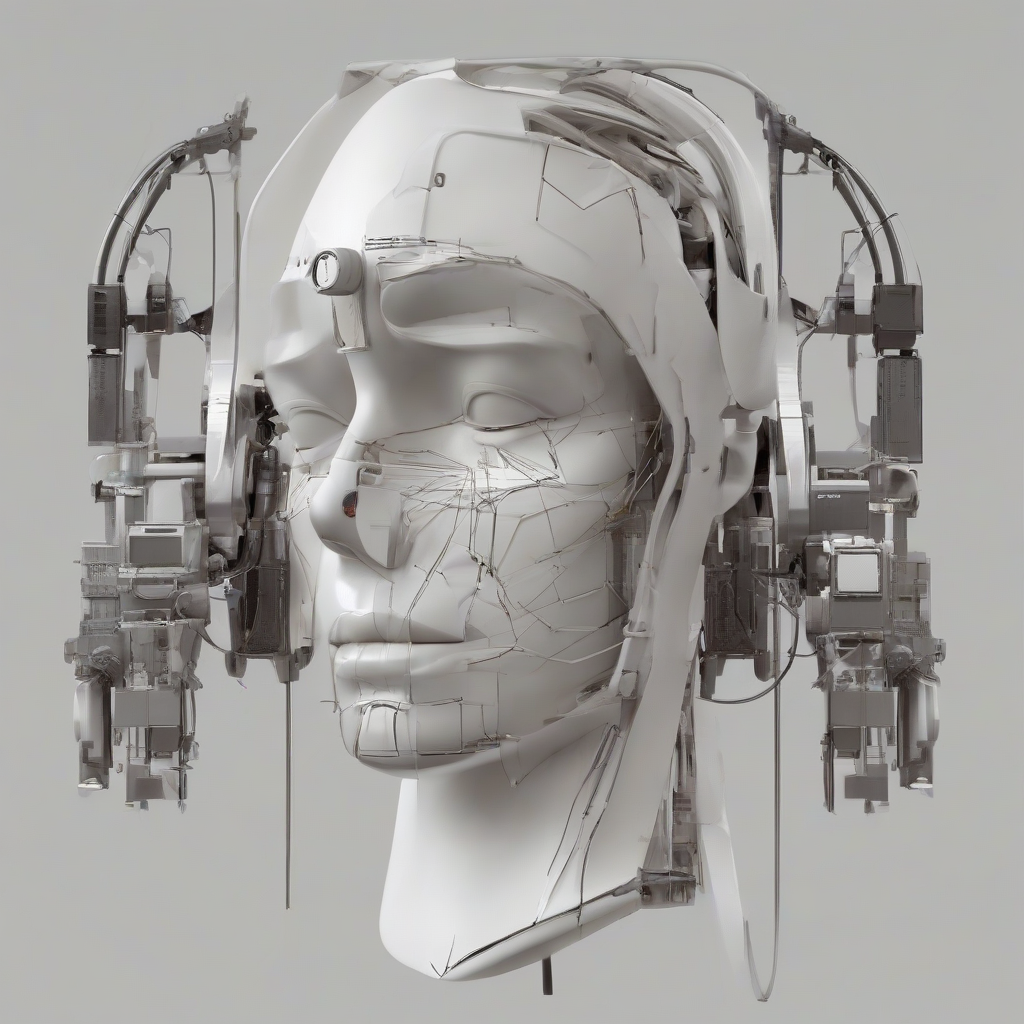The Bachelor’s Degree Years: A Time of Transformation and Growth
The bachelor’s degree years are a pivotal chapter in an individual’s life, marking a period of intense learning, personal growth, and the formation of lasting memories. It’s a time when young adults transition from the relative comfort of adolescence to the demanding world of higher education, facing academic challenges, forging new friendships, and navigating the complexities of adulthood. This phase lays the foundation for future career paths, personal values, and lifelong learning.
Academic Pursuits and Intellectual Exploration
- Expanding Horizons: The undergraduate curriculum opens up a vast world of knowledge, exposing students to diverse disciplines and challenging their intellectual boundaries. From the rigorous logic of mathematics and sciences to the nuanced complexities of humanities and social sciences, students are encouraged to explore areas that spark their curiosity and ignite their passions.
- Developing Critical Thinking Skills: Bachelor’s degree programs emphasize analytical thinking, problem-solving, and critical evaluation. Students learn to question assumptions, synthesize information, and formulate well-reasoned arguments, equipping them with the skills necessary to navigate a rapidly changing world.
- Building a Foundation for Specialization: While the undergraduate experience provides a broad overview of various fields, it also serves as a foundation for specialization. Students delve deeper into their chosen areas of study, developing specialized knowledge and skills that will prove invaluable in their future careers.
- Cultivating Research Skills: Many bachelor’s programs integrate research components, providing students with practical experience in gathering, analyzing, and interpreting data. This exposure to research methodologies equips them with the ability to conduct independent research and contribute meaningfully to their chosen fields.
Personal Growth and Self-Discovery
- Independent Living and Responsibility: For many students, the bachelor’s degree years mark their first experience with independent living. They learn to manage their own finances, make independent decisions, and take responsibility for their actions. This newfound autonomy fosters self-reliance and adaptability.
- Building a Strong Network: College provides ample opportunities to forge lasting friendships and build a network of connections. Students interact with peers from diverse backgrounds, fostering cross-cultural understanding and expanding their social circles. This network can provide support, mentorship, and professional opportunities throughout their lives.
- Exploring Interests and Passions: The unstructured nature of college life allows students to pursue extracurricular activities, join clubs, and engage in hobbies that align with their passions. This exploration helps them discover new interests and develop talents beyond their academic pursuits.
- Building Confidence and Resilience: College can be a challenging experience, filled with academic pressure, social anxieties, and the need to adapt to a new environment. Overcoming these challenges builds resilience, confidence, and the ability to navigate future obstacles with greater ease.
The Transformative Power of the Bachelor’s Degree
- Career Advancement: A bachelor’s degree is increasingly becoming the minimum requirement for entry-level positions in many fields. It provides the necessary knowledge, skills, and credentials to compete in a competitive job market.
- Enhanced Earning Potential: Studies have consistently shown that individuals with a bachelor’s degree earn significantly higher salaries than those with only a high school diploma. This economic advantage provides greater financial security and opportunities for career advancement.
- Broadening Perspectives and Global Citizenship: The college experience exposes students to diverse perspectives, cultures, and ideologies. This exposure fosters intellectual curiosity, critical thinking, and a greater understanding of the world, preparing them to be active and engaged citizens.
- Laying the Foundation for Lifelong Learning: The bachelor’s degree years instill a love for learning and a desire to continuously expand one’s knowledge and skills. This foundation empowers individuals to adapt to the ever-changing demands of the modern world and pursue their intellectual interests throughout their lives.
Challenges and Navigating the Journey
- Academic Pressure and Stress: The demands of coursework, exams, and maintaining a high GPA can create significant stress and pressure. Time management, effective study habits, and seeking support when needed are essential for success.
- Financial Challenges: The cost of tuition, housing, and living expenses can be a significant financial burden for many students. Financial planning, budgeting, and exploring scholarships and grants are crucial for navigating the financial aspects of college life.
- Social Adjustment and Loneliness: The transition to college can be a lonely experience for some, as they adjust to a new environment, build social connections, and navigate the complexities of adulthood. Joining clubs, attending social events, and seeking out support networks can help ease the transition.
- Finding a Balance: Balancing academic demands, social commitments, and personal well-being can be challenging. Prioritizing tasks, setting realistic goals, and taking care of mental and physical health are crucial for a successful and fulfilling college experience.
Making the Most of the Bachelor’s Degree Years
- Engage in Your Studies: Attend classes regularly, participate in discussions, and ask questions. The more actively you engage with the material, the better you will understand and retain the knowledge.
- Seek Out Mentorship and Support: Don’t hesitate to reach out to professors, advisors, and peers for guidance and support. Building meaningful relationships with those who can provide insight and encouragement is invaluable.
- Explore Extracurricular Activities: Join clubs, volunteer in your community, or pursue hobbies that interest you. These experiences will enrich your college experience and help you develop skills and passions beyond your academic pursuits.
- Take Care of Your Well-Being: Prioritize your physical and mental health by maintaining a healthy lifestyle, getting enough sleep, and managing stress. Remember to take breaks, engage in activities you enjoy, and seek help if needed.
Conclusion
The bachelor’s degree years are a transformative period in an individual’s life, marked by intellectual exploration, personal growth, and the formation of lasting memories. This chapter lays the foundation for future career paths, personal values, and a lifelong love of learning. While it presents challenges, embracing the opportunities for growth and self-discovery can create a fulfilling and rewarding experience that shapes an individual’s path for years to come.
